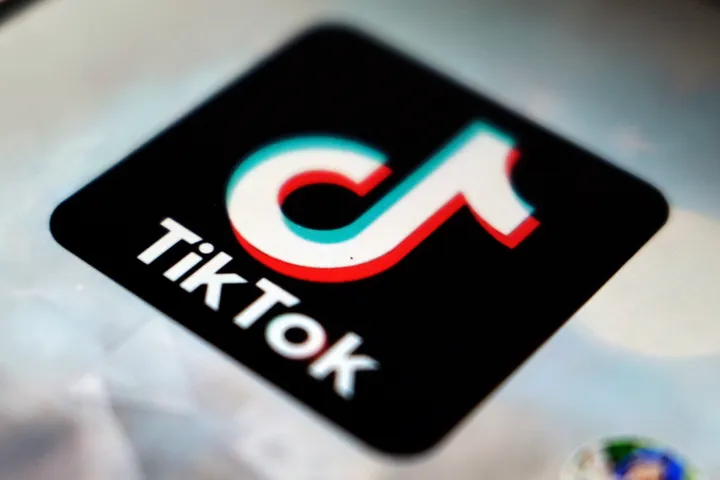The European Union has accused Apple of blocking rivals from its popular "tap-as-you-go" iPhone payment system, opening a fresh battlefront between the US tech giant and Brussels.
"The preliminary conclusion that we reached today relates to mobile payments in shops, by excluding others from the game," Margrethe Vestager, the EU's antitrust chief, said on Monday.
"Apple has unfairly shielded its Apple Pay wallets from competition. If proven this behaviour would amount to abuse of a dominant position, which is illegal under our rules," Vestager told reporters.
The European Commission, the bloc's competition watchdog, charged the iPhone maker with preventing competitors trying to enter the contact-less market "from accessing the necessary hardware and software...to the benefit of its own solution, Apple Pay".
Launched in 2014, Apple Pay allows iPhone or Apple Watch users to make payments at retailers by touching their devices to the same terminals currently used for credit and debit cards.
READ MORE:EU brings new rules on tech giants to prevent illegal content
Access restricted?
The technology at the heart of concerns is "near-field communication," or NFC, which permits devices to communicate within a very short range of each other, usually less than 10 centimetres.
On iPhones, the use of NFC is blocked for payments except by Apple Pay and any company wanting to use the technology must pass through Apple for a fee.
Vestager said that by restricting the access to the NFC to themselves, "this market is really not developed because it's not possible for other app developers to get access to the NFC."
Apple said that its first priority was security and that the Apple Pay system offered a level playing field between all actors using its products.
"Apple Pay is only one of many options available to European consumers for making payments, and has ensured equal access to NFC while setting industry-leading standards for privacy and security," the company said.
"We will continue to engage with the commission to ensure European consumers have access to the payment option of their choice in a safe and secure environment," it added.
There is no deadline for the EU's continued investigation. If found guilty, Apple would have to remedy its practices or face fines that could reach as high as 10 percent of annual sales.
The accusation against Apple is the latest salvo against US tech giants by EU regulators, who have also taken aim at Apple's music streaming and e-book businesses.
The company is also the main target of the Digital Markets Act, a landmark EU law that will prohibit Apple and other US tech giants from privileging their own services in its products and platforms.
READ MORE:iPhone to allow tap-to-pay transactions without more hardware
























